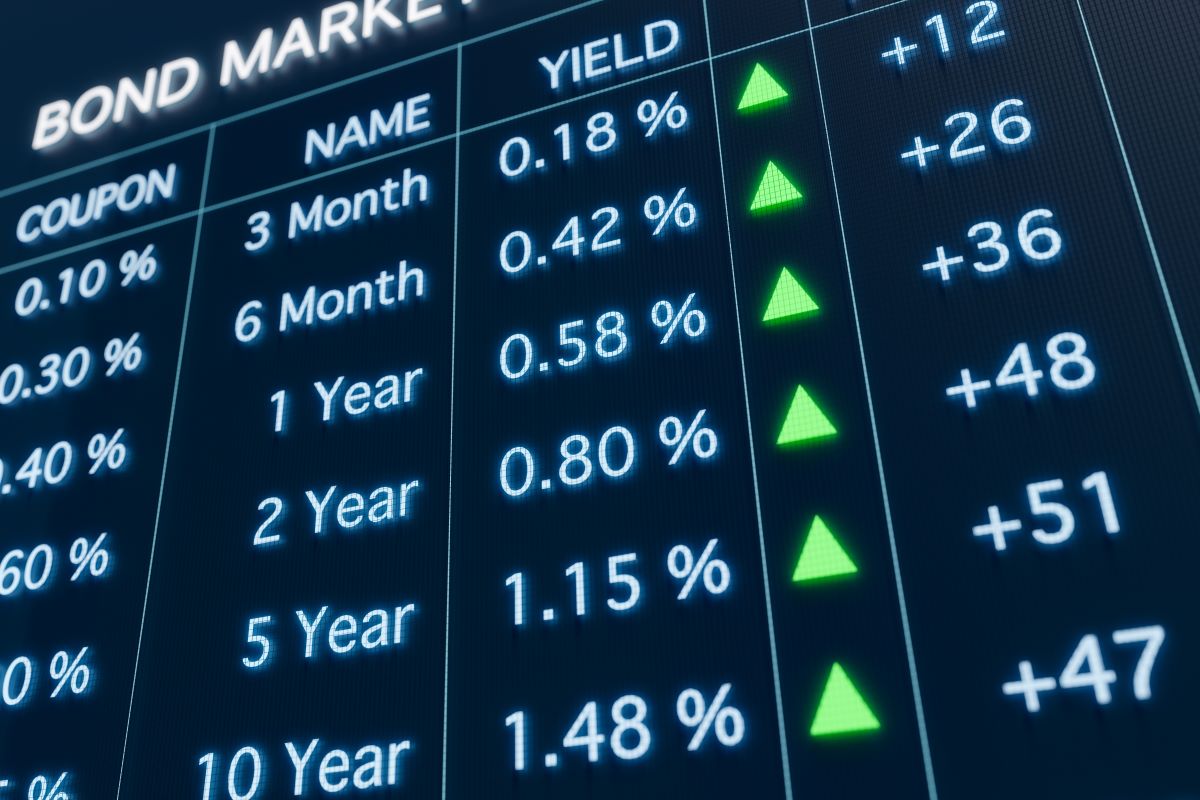Weeks after the Bank of Japan (BOJ) widened its yield target range for 10-year Japanese government bond (JGB), the country’s Ministry of Finance raised the coupon rate for the fixed-income asset, the highest in eight years. The 10-year JGB coupon rate will rise to 0.5% from the previous 0.2%, the first increase since April 2022.
The yield on 10-year JGBs rose to hit the upper limit on Friday after the decision by the Ministry of Finance. The higher coupon rate is likely to put a burden on public finances but brings higher returns for bond investors.
Stress from 10-year JGBs
The coupon rate amendment could pose an issue for interest payments on Japan’s public debt, which is nearly two and a half times the size of the country’s economy.
“We have decided to increase the coupon rate taking prevailing market conditions into account so that the market can stably digest JGBs,” an official from the finance ministry told Reuters.
Meanwhile, an increase in coupon rates means a rise in long-term rates as the BOJ had widened the acceptable yield for 10-year JGBs. Long-term interest rates have crawled higher since the move, and market participants are expecting a rate hike in the future.
On the other hand, the rising yield on the 10-year notes has brought troubles for the central bank which has been on a bond-buying spree to prop up the market. On Friday, the yield on December 2032 note traded at 0.5%, which is the new ceiling for 10-year JGBs, compared to 0.42% for the previous benchmark note.
The question is now whether the BOJ would raise its yield ceiling further or make a turnaround from its negative short-term interest rate policy.
“One of the reasons the BOJ has bought a lot of bonds recently is to mitigate market volatility and smooth out the impact of an upcoming further policy change,” Masayoshi Kojima, senior market strategist at Mitsui Sumitomo Insurance Co. in Tokyo, told Bloomberg. “All options can be on the table.”


 Australia
Australia China
China India
India Indonesia
Indonesia Japan
Japan Malaysia
Malaysia Philippines
Philippines Singapore
Singapore South Korea
South Korea Taiwan
Taiwan Thailand
Thailand Vietnam
Vietnam






